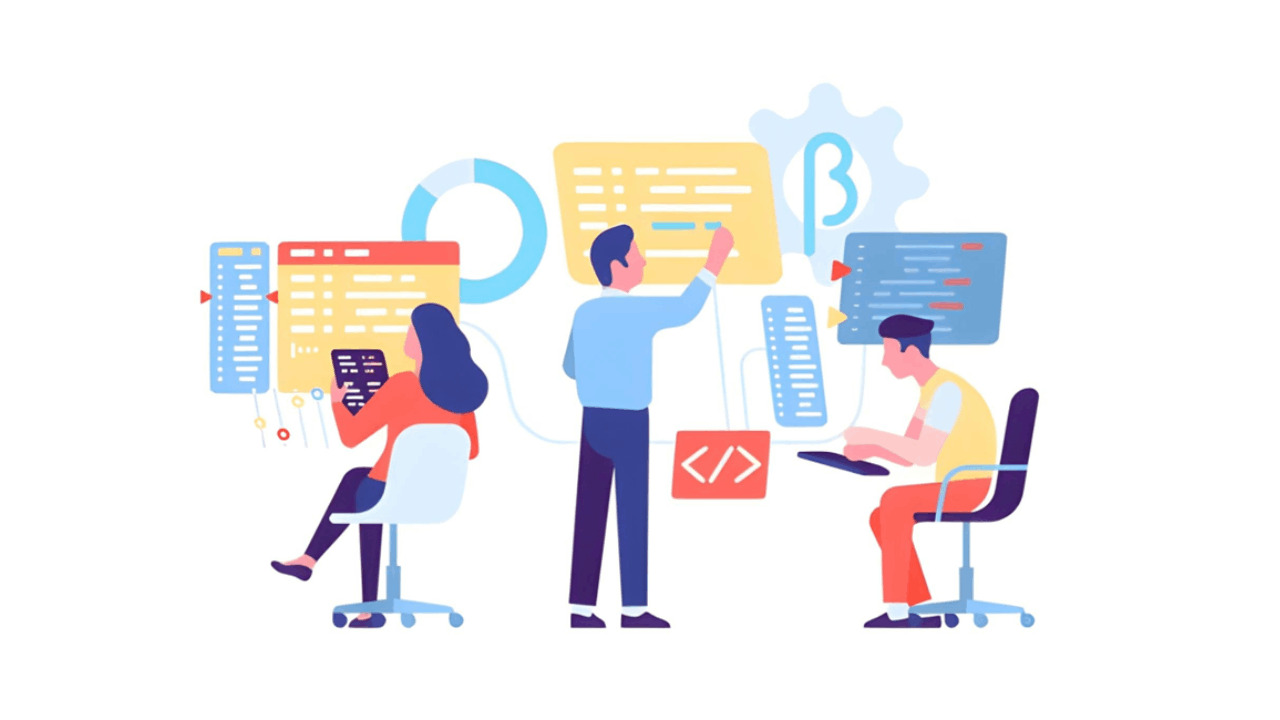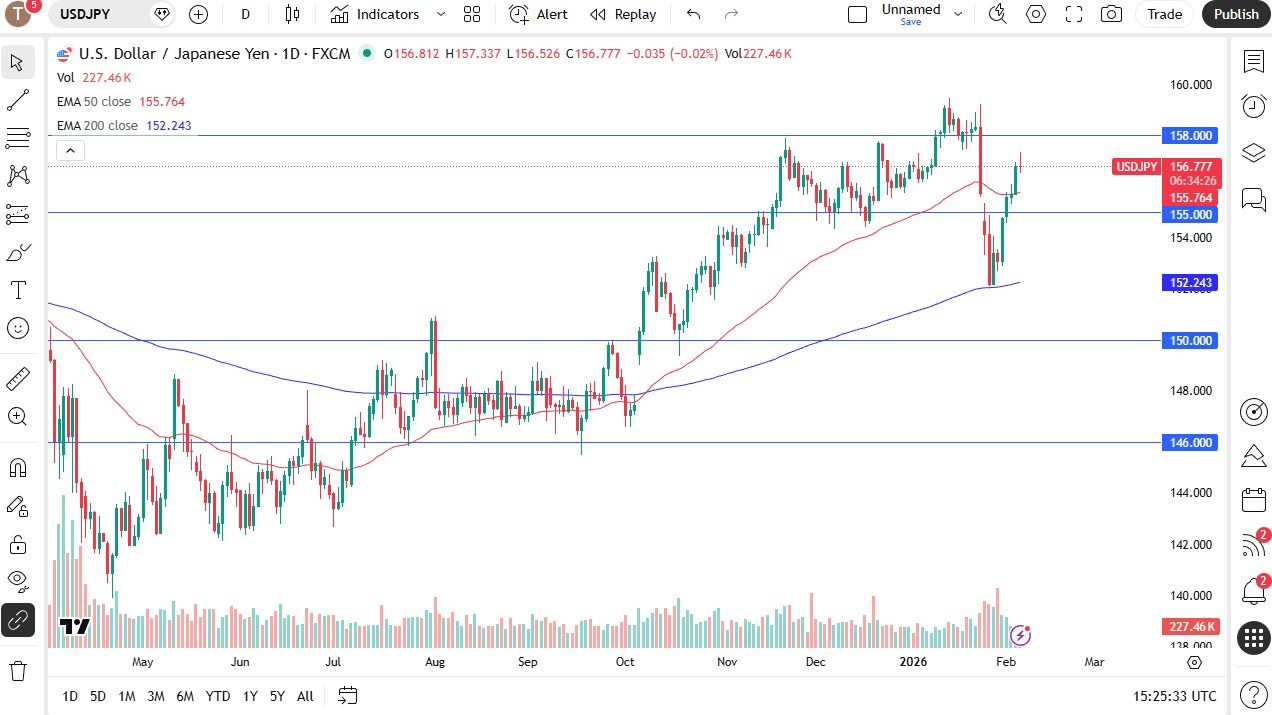DApp Developers at Appinventiv Building the Decentralized Future for Global Enterprises
(Location), (Date): The conversation around decentralized applications has changed dramatically. What started as cryptocurrency experiments and NFT speculation has matured into something far more practical and potentially more valuable.
Today’s enterprises aren’t trying to rebuild their entire infrastructure on blockchain. They’re asking smarter questions: Can we track products more reliably through our supply chain? Could we automate royalty payments without the administrative headaches? Is there a better way to manage customer data that actually gives users control?
“This shift from hype to utility has created demand for developers who can bridge two worlds, understanding both smart contract architecture and the messy realities of corporate IT systems. That’s where DApp developers at Appinventiv come in.” -Peeyush Singh, Director and Co-founder at Appinventiv
Walk into most enterprise meetings about blockchain today, and you won’t hear much about revolutionizing finance or disrupting entire industries. The conversations are more grounded. Supply chain managers want immutable records to verify product authenticity. Media companies need transparent systems to pay content creators fairly. Gaming studios are exploring how actual ownership of in-game assets might change player engagement.
Appinventiv’s teams work across different blockchain platforms depending on what the business actually needs. Public-facing applications where transparency matters? They’ll use Ethereum or layer-2 solutions like Polygon. Private systems for healthcare or finance that require tight security controls? Hyperledger Fabric makes more sense.
The firm’s projects reflect this practical approach:
In digital media, they’ve built platforms where creators maintain verifiable ownership of their work on-chain. Smart contracts handle royalty distribution automatically—no more payment disputes, no administrative bloat.
For gaming, they’re developing economies where players truly own their digital assets as NFTs. These items can be traded on open markets, turning virtual achievements into actual value.
In finance, their DeFi protocols automate lending and exchange functions, cutting out intermediaries that slow things down and drive up costs.
“Our clients aren’t calling because they’re excited about crypto,” one of the lead blockchain architects explains. “They’re calling because they have trust problems. Fraud in their ticketing systems. Complexity in their licensing agreements. They want to know if a DApp can fix it.”
That’s where decentralization is proving its worth, not in grand visions of replacing banks or governments, but in solving stubborn problems that traditional centralized systems haven’t been able to crack. The future being built here isn’t flashy. It’s embedded in the operations of global enterprises, quietly making their systems more transparent, efficient, and trustworthy.
Source link
Written by : Editorial team of BIPNs
Main team of content of bipns.com. Any type of content should be approved by us.
Share this article:











